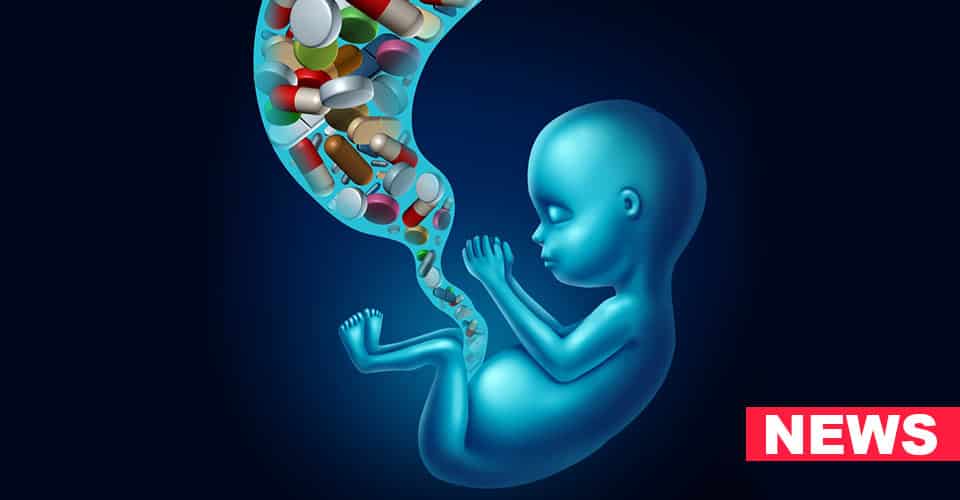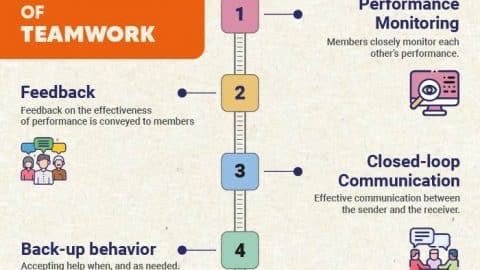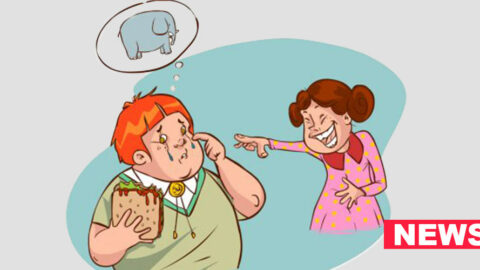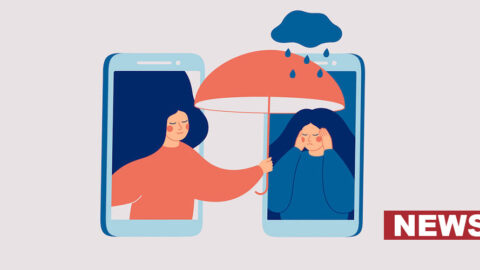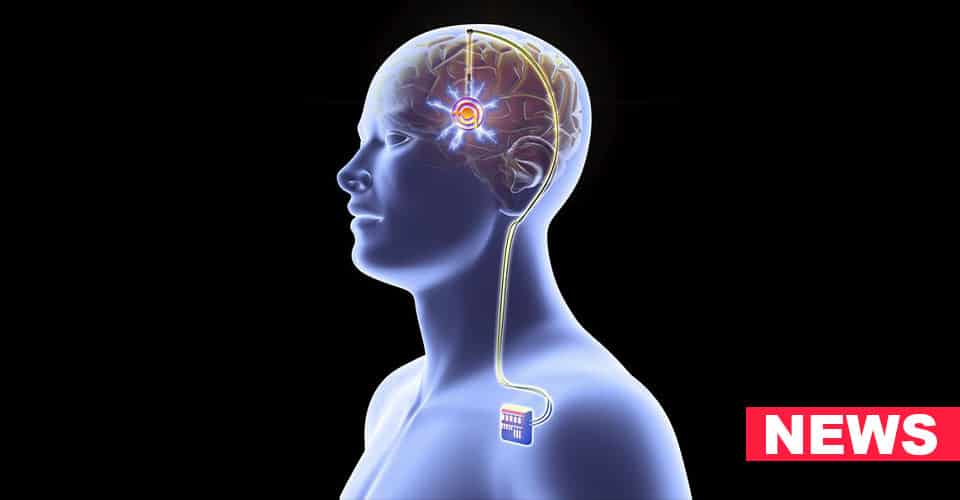The Happiness Connection
A scientific study in 2008, published in the Science journal, have uncovered the remarkable link between acts of giving, such as charitable donations and volunteering, and their positive impact on mental health.
Contrary to the fleeting joy derived from self-indulgence, personal expenses and materialistic purchases, did not have the same effect on happiness.
From reducing stress and depression to fostering empathy and enhancing life contentment, here’s an in-depth exploration of the mental health advantages of generosity.
Boosting Mood with Acts of Kindness
In 2016, another study published in the Emotion journal suggested that engaging in “random acts of kindness” can significantly boost one’s mood. This evidence highlights that, giving provides profound and lasting benefits to one’s emotional well-being.
Mindful Acts of Giving and Its Positive Effects
Contributions made with mindfulness, leveraging one’s unique strengths and capabilities, not only benefit those in need but also profoundly impact the giver’s mental health.
Psychotherapist, life, and business coach, Dr. Chandni Tugnait, explains that mindful giving fosters a sense of connection, joy, and gratitude, ultimately enhancing emotional and psychological wellness.
The Health Benefits of Giving
1. The Joy in Acts of Giving
One of the most direct advantages of giving is the immediate sense of joy and satisfaction it brings. Whether it’s a small gesture or a significant donation, giving can improve mood and overall well-being.
2. Reduction of Stress
Engaging in acts of giving or compassion to those in need can release oxytocin, a hormone known for reducing stress. As a result, givers often experience lower stress and anxiety levels.
3. Reduced Depression
Giving can help reduce symptoms of depression by providing a sense of purpose and the fulfilling emotions that come from helping others.
4. Enhanced Life Contentment
Living a life of giving is associated with increased meaning and fulfillment, leading to higher overall life satisfaction.
5. Compassion
Giving fosters empathy and compassion, encouraging individuals to think about the needs and feelings of others.
6. Positive Impact on Cognitive Function
The act of giving may positively affect brain areas associated with reward and pleasure, ultimately enhancing cognitive function.
7. Developing Appreciation
Giving fosters gratitude and heightens awareness of the blessings in one’s own life, leading to increased feelings of appreciation.
Creating a Cycle of Generosity
Giving is not only a noble gesture but also has the power to inspire others. When people witness acts of giving, they are often motivated to contribute themselves, creating a cycle of generosity that can transform communities.
However, it’s essential to strike a balance between heartfelt generosity and self-care. Overcommitting to volunteer work or humanitarian causes can lead to burnout.
Balancing Generosity and Self-Care
To maintain a sustainable pace of giving for the greater good, it’s crucial to periodically recharge and refuel your own reserves.
Balancing heartfelt generosity with wise self-care ensures that you have the stamina to continue making a positive impact on the lives of others while taking care of your own well-being.
In conclusion, the science behind the joy of giving reveals that acts of kindness and contributions to charitable causes can significantly benefit mental health.
From reducing stress and depression to enhancing overall life satisfaction and fostering empathy, the mental health benefits of giving are numerous.
Moreover, giving has the power to create a ripple effect, inspiring others to contribute and transform communities.
However, it’s essential to strike a balance between giving and self-care to avoid burnout and ensure sustainable generosity.
So, the next time you decide to help a neighbor or perform an act of kindness, don’t forget to prioritize your own well-being, allowing you to continue spreading joy and positivity to those around you.











